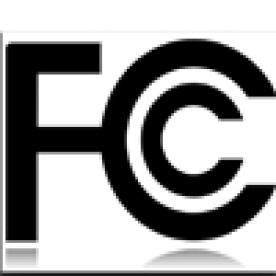The Federal Communications Commission (FCC) recently completed an overhaul of its Experimental Licensing regime. Of special note for educational institutions and medical facilities is the creation of two new types of applications for experimental radio service licenses: (1) Program Licenses and (2) Medical Testing Licenses. These new FCC experimental licenses may be granted for a period up to five years and, as discussed below, can permit licensees to modify their licenses with minimal delay.
Eligibility
A Program License will be available to applicant colleges, universities, research laboratories, medical research institutions, and manufacturers of radio frequency equipment or end-user products with integrated radio frequency equipment. Eligible applicants will be authorized to conduct long-term research programs without being required to return to the FCC for new authority for each individual experiment.
A Medical Testing License will be available to applicant health care facilities, medical clinics and public health facilities that have expertise in the testing and operation of experimental medical devices that can be used to conduct clinical trials of new medical devices that integrate radio frequency (RF) wireless technology or communications functions for diagnosis, treatment, or patient monitoring. This license is intended to be used for clinical testing of medical devices that have already gone through the initial development stage (i.e., utilizing a Program License) and now must be tested for patient compatibility and use in real-world situations.
Licensing Process
Entities proposing the experimental use of RF devices must file an application with the FCC prior to any commencement of the tests. An applicant must provide a detailed discussion of the purpose of the proposed experimental use of the spectrum, and demonstrate that it either has the expertise to conduct trials, or that it will partner with an entity that has such expertise. Medical Testing applicants may also propose to serve as a “test bed” for manufacturers to run clinical trials at their locations.
Generally, applicants are permitted to propose experimental operations in any frequency band, including those above 38.6 GHz. There are some exceptions, however, including those frequencies assigned to passive services such as the radio astronomy service, and certain bands reserved for government use. Under either licensing approach, the applicant is required to provide data regarding the program (i.e., frequency, location, etc.), and the identification of a “stop buzzer” point of contact who will have the ability to immediately terminate operations if interference complaints are received by the FCC. That information must be supplied at least 10 days prior to the commencement of each experiment. Subsequently, the licensee also must post a report to the FCC's online system within 30 days after each experiment, describing the results, and detailing any incidents of reported interference.



 i
i


